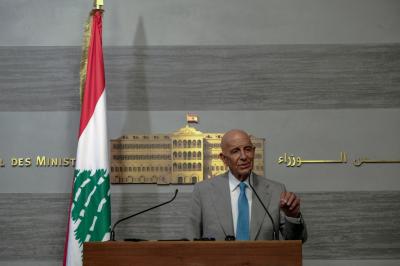Lebanon is undergoing a striking demographic shift: women now make up the majority of the population. According to researcher Mohammad Chamseddine, there are about 2.2 million women compared to 1.8 million men out of roughly 4 million residents. In other words, women account for between 55% and 60% of the population, while men make up only 40% to 45%. This numerical gap raises pressing questions about its underlying causes and the potential social and economic consequences.
Why the Imbalance?
Chamseddine attributes the predominance of women to several key factors:
- Male migration: Large numbers of men leave the country in search of work, while most women remain.
- Wars and conflicts: Decades of violence have disproportionately reduced the male population, either through death or forced displacement.
- Life expectancy: Women in Lebanon tend to live longer than men, boosting their share of the population.
- Economic collapse: Rising unemployment has pushed many men toward temporary or permanent migration.
Social and Economic Implications
This gender imbalance is already reshaping Lebanese society:
- Marriage is increasingly delayed, with higher rates of lifelong singlehood among women.
- Women are playing a larger role in the labor force and in public life, compensating for the shortage of male workers.
- Birth rates could fall over the long term, exacerbated by demographic distortions.
- Women are shouldering more financial responsibility within households, becoming primary breadwinners in many cases.
Expert Perspective
Sociologist and economist Dr. Samer Haddad warns that if left unaddressed, this demographic disparity could deepen Lebanon’s structural crises:
“The absence of policies to curb youth migration and the lack of strategies to bring back skilled Lebanese will only widen the demographic gap, with serious repercussions for both population growth and economic development.”
Haddad stresses the need for:
- Targeted strategies to attract expatriates back home with viable job opportunities.
- Programs to strengthen women’s economic and social empowerment, turning demographic reality into an advantage.
- Balanced population policies that promote family stability and reduce youth emigration.
A Warning Sign
The growing dominance of women in Lebanon’s population is more than just a statistic — it is a demographic alarm bell. Without urgent measures to address the causes of male migration and create a stable economic and social environment, the imbalance could jeopardize the country’s long-term social cohesion and demographic stability.
Please post your comments on:
[email protected]
 Politics
Politics












